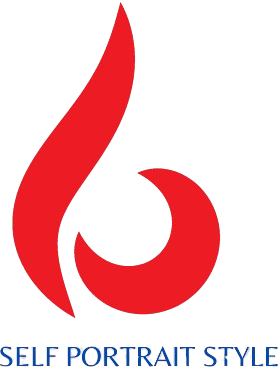The Hidden Wiki is a term often mentioned when discussing the dark web and the deep web, representing an enigmatic corner of the internet. While the surface web is what most people use daily, easily accessible through standard search engines like Google, the Hidden Wiki exists in the depths of the internet, where privacy and anonymity are highly valued. To access this hidden part of the internet, users need specialized software, such as the Tor browser. This browser is designed to provide a layer of anonymity, making it nearly impossible for anyone to trace the user’s online activities.
The Hidden Wiki itself acts as a directory or guide to various websites hosted on the Tor network. These websites use the .onion domain, which is not accessible by traditional web browsers. The Hidden Wiki provides a central resource that lists links to these .onion sites, which cover a wide range of topics, from encrypted communication platforms to private forums, blogs, and marketplaces.
One of the main draws of the Hidden Wiki is the ability to access information and services that may be censored or restricted in certain parts of the world. For individuals in countries where freedom of speech is limited or where internet access is heavily monitored, the Hidden Wiki provides an avenue to communicate, share information, and engage in discussions outside the reach of government surveillance. Activists, journalists, and political dissidents, for example, often use the Tor network and sites like the Hidden Wiki to protect their privacy and to safely exchange sensitive information.
However, the Hidden Wiki is not solely a space for hidden wiki activism or privacy. It is also home to a variety of other websites, some of which are involved in illicit activities. The anonymity provided by the Tor network makes it appealing for those who wish to engage in illegal conduct, such as trading drugs, weapons, and stolen data. Some of the websites listed on the Hidden Wiki are notorious for hosting illegal marketplaces, where transactions occur without the oversight of law enforcement.
In addition to criminal activity, the Hidden Wiki also hosts websites promoting harmful content, including extremist ideologies and conspiracy theories. This aspect of the dark web presents a stark contrast to the more positive uses of the Hidden Wiki, such as accessing uncensored news or secure communication. It is this dual nature of the Hidden Wiki—where both valuable resources and dangerous content coexist—that makes it a controversial and often misunderstood part of the internet.
Despite the risks associated with the Hidden Wiki, it serves an important function for those who need privacy and freedom from censorship. It offers a way for individuals to explore the internet outside the constraints of traditional search engines, where tracking and surveillance are prevalent. The Tor network, and by extension the Hidden Wiki, provides a safe haven for those who wish to browse the web without leaving a trace or revealing their identity.
The Hidden Wiki itself is not a static resource. Due to the constantly evolving nature of the dark web, links to websites come and go regularly. New sites are added, while others are removed or shut down due to law enforcement intervention or changes in the status of the websites themselves. This ever-changing landscape makes the Hidden Wiki a dynamic resource, where users must be vigilant in ensuring that the sites they access are safe and legal.
In conclusion, the Hidden Wiki is a significant aspect of the dark web, offering both a positive and negative space for users seeking privacy and anonymity. It provides access to valuable tools for secure communication and free speech, but also harbors illegal and harmful content. As with any part of the internet, it’s essential for users to navigate the Hidden Wiki with caution, understanding the risks involved and the responsibility that comes with exploring such a hidden and often dangerous part of the digital world.
